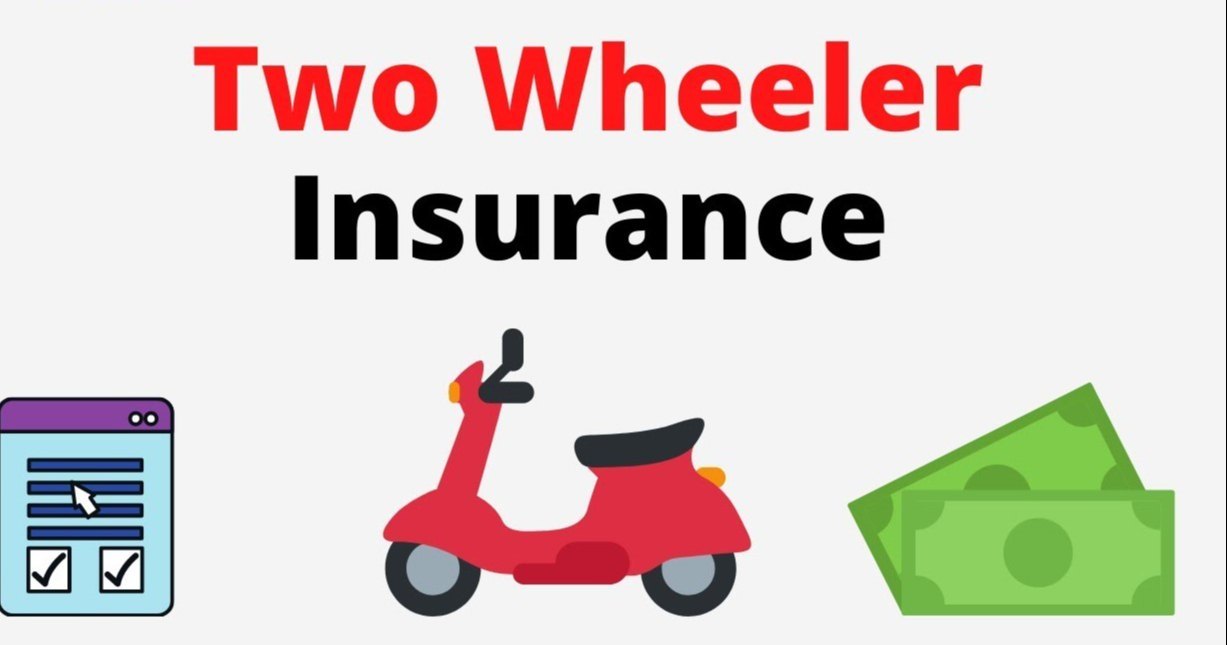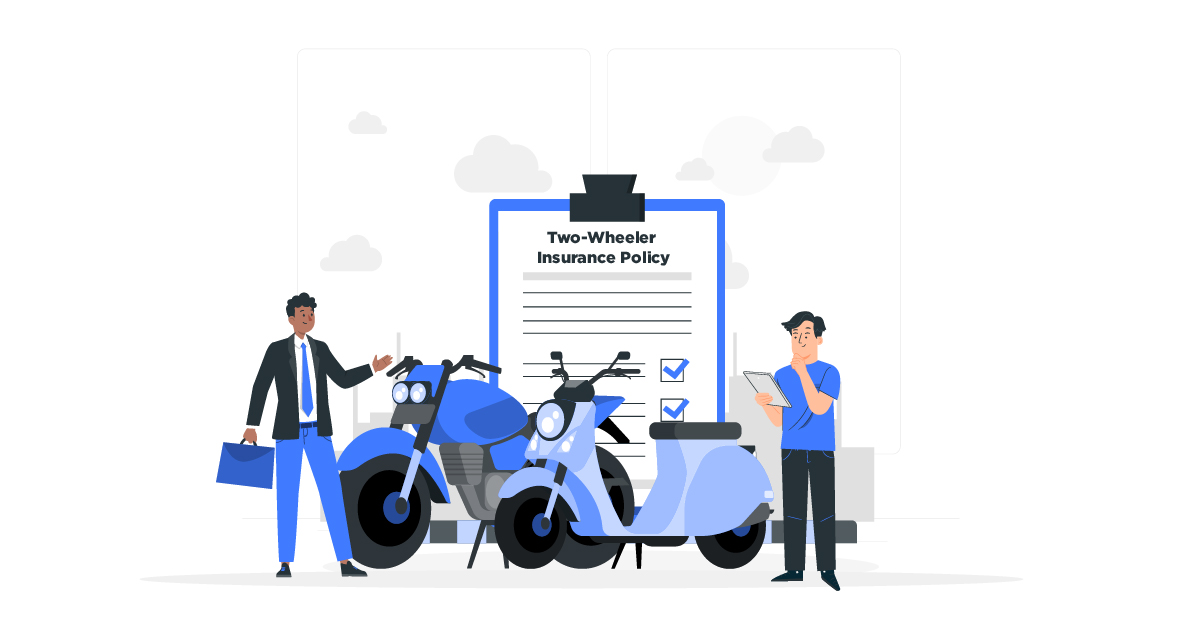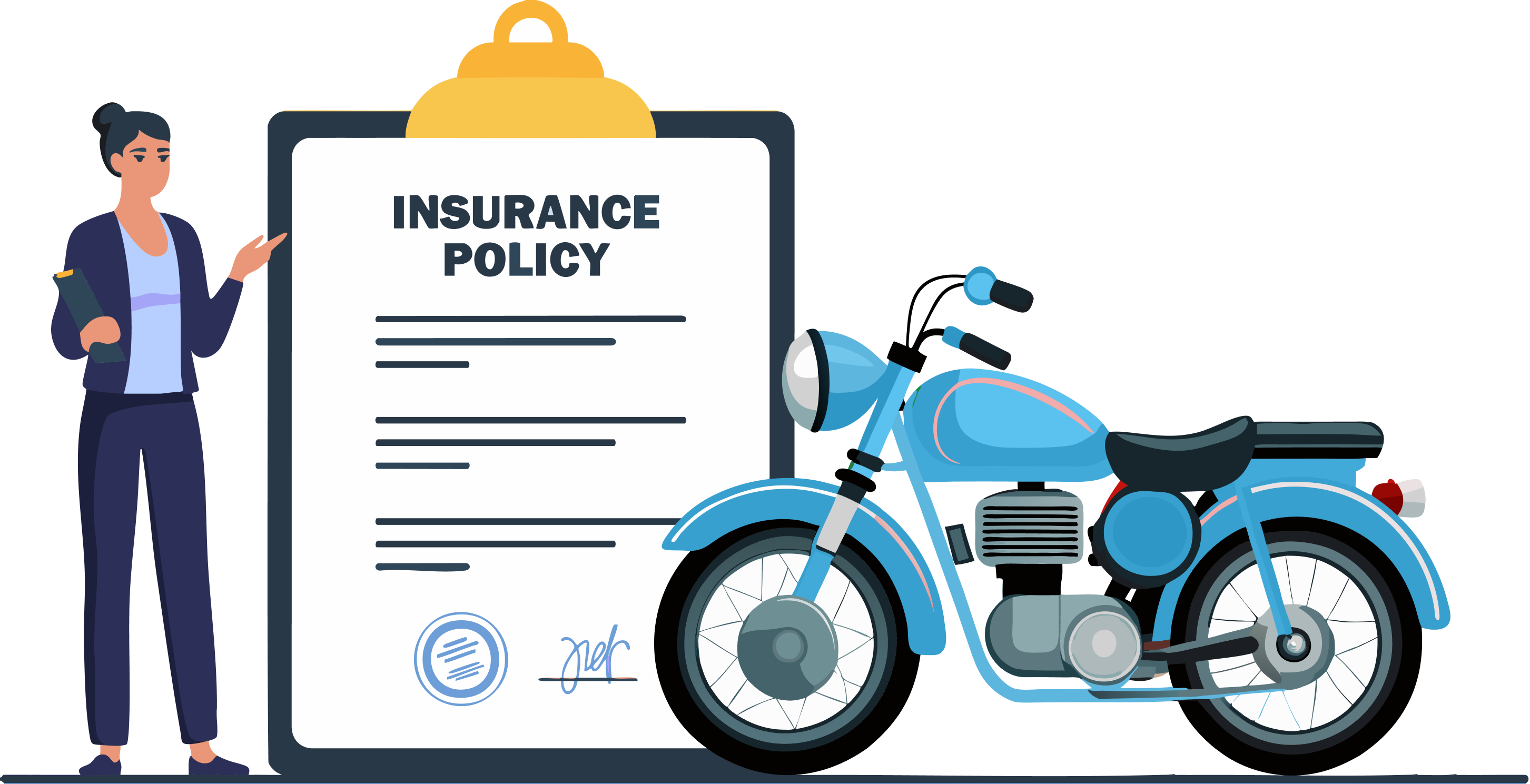When most people think about car insurance, they picture a traditional policy that covers vehicle damage and liability in case of an accident. However, for some drivers, especially those considered high-risk or with prior traffic violations, there's a different legal requirement — a car insurance bond. This isn't conventional insurance. Instead, it's a form of financial guarantee that assures the state you'll take financial responsibility for any incidents you cause on the road.
A car insurance bond, also known as an SR-22 bond or financial responsibility bond, is a legal agreement among three parties — the driver (called the principal), the state (known as the obligee), and the company providing the bond (called the surety). The surety company guarantees that the driver will be financially responsible, and if they fail to meet that responsibility, the surety pays the damages and collects the money back from the driver.
Car insurance bonds are typically required by state motor vehicle departments or courts for drivers who have violated certain driving laws or had their licenses suspended.
Who Needs a Car Insurance Bond?
There are several scenarios where you might be required to carry a car insurance bond instead of or in addition to standard car insurance. The most common include:
- Driving under the influence (DUI) or driving while intoxicated (DWI): If you've been caught driving under the influence of alcohol or drugs, your license might be suspended or revoked. Before you're allowed to drive again, the state may require proof of financial responsibility in the form of a bond.
- Multiple traffic violations: Repeated speeding tickets, reckless driving citations, or other violations over a short period can trigger the need for a car insurance bond.
- Driving without insurance: If you're caught operating a vehicle without proper insurance coverage, you'll likely be flagged as a high-risk driver and mandated to carry a financial responsibility bond.
- At-fault accidents with no insurance: Being responsible for a traffic accident while uninsured can require you to prove financial responsibility before your driving privileges are reinstated.
- Reinstating a suspended or revoked license: A car insurance bond is often one of the conditions set by the state to get your license back.
Essentially, a car insurance bond is a legal tool to ensure that high-risk drivers remain financially accountable when they return to the road.
How a Car Insurance Bond Works
When you’re required to obtain a car insurance bond, it generally means the state wants you to demonstrate that you will be responsible for any damages you may cause as a driver. Here's how the process works:
- State Requirement Notification: The court or DMV informs you that you must carry a bond. This requirement typically lasts for one to three years.
- Purchasing the Bond: You apply for a car insurance bond through a licensed surety company. The company evaluates your driving history and determines the premium you must pay.
- Filing the Bond with the State: Once purchased, the bond is filed with your state DMV, which officially reinstates your driving privileges as long as all other requirements are met.
- Ongoing Monitoring: The bond must remain active during the required period. If it lapses or is canceled, the surety company will notify the state, and your license may be suspended again.
- Reimbursement Obligation: If you cause an accident or otherwise violate the terms of the bond, the surety company pays the damages but will seek reimbursement from you.
It’s important to understand that unlike traditional insurance, a bond doesn’t cover you — it covers others from you. And you're expected to pay back any claims made by the surety.
Cost of a Car Insurance Bond
The cost of a car insurance bond varies based on your driving record, the state's minimum coverage requirements, and the bond amount. For most drivers, the price ranges from a few hundred dollars per year to over a thousand dollars for more severe infractions.
Drivers with minor infractions may pay between $15 and $30 per month for a bond. However, if your driving record includes major offenses like a DUI or at-fault accidents, the monthly cost can jump significantly. It's also worth noting that some providers may offer discounts for bundling a bond with high-risk auto insurance.
You’ll typically need to pay the full bond amount up front or in installments. The bond amount is not the same as your premium — it’s the amount of financial coverage you're promising to the state.
Types of Car Insurance Bonds
There are a few common types of car insurance bonds, each serving a similar purpose but differing in terms of documentation or coverage scope. These include:
- SR-22 Bond: While not technically a bond, an SR-22 is a certificate filed with your DMV that proves you have the minimum required insurance. It's commonly required after a DUI or serious moving violation. Some drivers refer to the policy that includes this certificate as an "SR-22 bond."
- FR-44: Similar to an SR-22 but with stricter coverage requirements, FR-44 is used in states like Florida and Virginia, particularly for alcohol-related offenses.
- Surety Bond for Financial Responsibility: In some states, drivers can avoid purchasing standard insurance by posting a surety bond that guarantees they can cover damages in case of an accident.
Always consult your state’s DMV or legal advisor to ensure you are applying for the correct type of financial responsibility certificate.
How to Get a Car Insurance Bond
Getting a car insurance bond is relatively straightforward and can usually be done in a few steps:
- Confirm the Requirement: Check with your state DMV or the court to understand the specific financial responsibility requirement, whether it's SR-22, FR-44, or a surety bond.
- Find a Licensed Provider: Search for insurers or surety companies that offer car insurance bonds or SR-22 filings. Many companies specialize in high-risk driver insurance.
- Apply for the Bond: Provide your driving history, license details, and sometimes a reason for the requirement. You may also be asked about previous violations and credit history.
- Make the Payment: Once your application is approved, pay the bond premium. Some companies may offer monthly payment plans.
- File the Bond: The company will typically submit the bond electronically to the DMV or court. Once accepted, your license can be reinstated if you meet other conditions.
- Maintain the Bond: Do not let the bond lapse. If it’s canceled or expires prematurely, the DMV will be notified, and your license could be suspended again.
Advantages and Disadvantages of Car Insurance Bonds
A car insurance bond can be a helpful tool, but it comes with both benefits and drawbacks.
Advantages include satisfying state or court requirements, usually lower initial costs compared to full insurance premiums, and quick reinstatement of driving privileges. It’s also a fast process, with many companies offering same-day approval and filing.
Disadvantages, however, are significant. A bond doesn’t cover your medical expenses or vehicle repair costs. If a claim is made, you’re legally obligated to repay the surety company, which can lead to significant financial strain. Additionally, needing a bond often labels you as a high-risk driver, potentially increasing your insurance rates long-term.
How Car Insurance Bonds Differ from Traditional Car Insurance
The most important distinction is that a car insurance bond is not insurance. With insurance, your insurer pays for damages or injuries (up to policy limits), and you pay a predictable premium. With a bond, the surety company pays claims only if you fail to fulfill your responsibility — and then you must reimburse them.
Traditional auto insurance offers broader protection and peace of mind. It covers third-party liability, your vehicle damage, theft, fire, personal injury, and more, depending on the coverage level. A bond is primarily a legal obligation to prove you're financially responsible after a serious offense or lapse.
State Requirements for Car Insurance Bonds
Different states have different rules about car insurance bonds. Some states allow drivers to use a bond in place of insurance, especially if they can prove a certain level of financial security. Others require both an SR-22 form and a bond following certain violations.
For instance, in California, an SR-22 certificate is required for most DUI-related offenses, and drivers must carry the state’s minimum liability coverage for at least three years. In contrast, Texas allows drivers to post a surety bond as an alternative to insurance, provided it meets certain financial thresholds.
Always verify with your state’s DMV to understand the specific requirements applicable in your situation.
Duration of a Car Insurance Bond Requirement
The length of time you’re required to maintain a car insurance bond varies based on the offense and your state’s laws. In most cases, it’s between one and three years.
Minor offenses might carry a shorter duration, while serious violations such as DUI or multiple traffic convictions can require longer bond periods. During this time, it’s critical not to let your bond lapse. Doing so can reset the clock and cause further legal consequences.
Once you’ve completed the required period without additional infractions, you can usually return to a standard auto insurance policy, and the bond will no longer be necessary.
Common Misconceptions About Car Insurance Bonds
Many drivers misunderstand car insurance bonds, often confusing them with regular insurance or assuming they offer the same protection. A few common misconceptions include:
- “A bond covers me like insurance” — False. Bonds protect the public from you, not the other way around.
- “I don’t need insurance if I have a bond” — This may be true only in some states with strict financial responsibility alternatives. In most cases, a bond supplements insurance requirements.
- “I can’t get a bond with a bad driving record” — In reality, bonds are often required due to a bad record, and many providers specialize in such cases.
- “Once I have a bond, I’m no longer a high-risk driver” — Your status depends on your overall driving record, not just the bond.
Tips for Maintaining Compliance With a Car Insurance Bond
To avoid legal and financial complications while under a car insurance bond requirement, follow these best practices:
- Always pay your bond premium on time.
- Avoid additional traffic violations that could reset your bond period.
- Keep records of all bond-related documents and communications with the DMV.
- Inform the surety provider if you move to another state or change your vehicle.
- Consult with a licensed insurance agent to ensure you meet all state requirements.
Conclusion
A car insurance bond is a vital tool for individuals who need to demonstrate financial responsibility to continue driving legally, especially after serious violations. While it may seem like a burden, the bond serves as a second chance — an opportunity to regain your driving privileges while proving you can be a responsible driver.
However, it’s important to understand that a bond is not a substitute for full auto insurance coverage. It’s a legal obligation that must be honored carefully. Failure to maintain or comply with the bond terms can result in further license suspensions, financial penalties, or even legal action.
By learning about the process, costs, and implications of car insurance bonds, you can navigate this requirement confidently and use it as a stepping stone back to a clean driving record.
Frequently Asked Questions (FAQs)
What is the purpose of a car insurance bond?
A car insurance bond ensures that high-risk drivers remain financially responsible. It’s often required by the DMV or courts after violations like DUIs or driving without insurance.
Does a car insurance bond replace traditional insurance?
In most states, it doesn’t. It works as a legal certificate of financial responsibility, but you may still need to carry insurance.
How long do I need to maintain a car insurance bond?
Typically, the requirement lasts 1 to 3 years, depending on your offense and state regulations.
Can I get a bond online?
Yes. Many surety and insurance companies offer online applications with same-day approval and electronic DMV filing.
Is it expensive to maintain a car insurance bond?
It can be affordable if your violations are minor, but the cost can rise significantly for more severe infractions.
What happens if I let my bond lapse?
The surety company will notify the DMV, and your license could be suspended again. Always maintain active coverage.
Can I drive in another state with a car insurance bond?
Generally, yes — but you must meet your home state's requirements and ensure your bond is recognized if you move.
Are there alternatives to a car insurance bond?
Yes. Some states allow a cash deposit or self-insurance, but these options often require high upfront costs.
Will a bond help improve my driving record?
Not directly, but maintaining compliance without additional infractions can gradually restore your status as a low-risk driver.
Where can I buy a car insurance bond?
From licensed surety companies, insurance providers, or online platforms that specialize in SR-22 or FR-44 filings.


.jpg)

















Leave A Comment
0 Comment